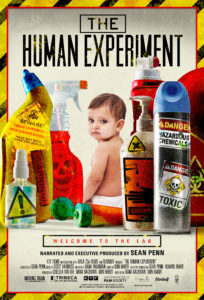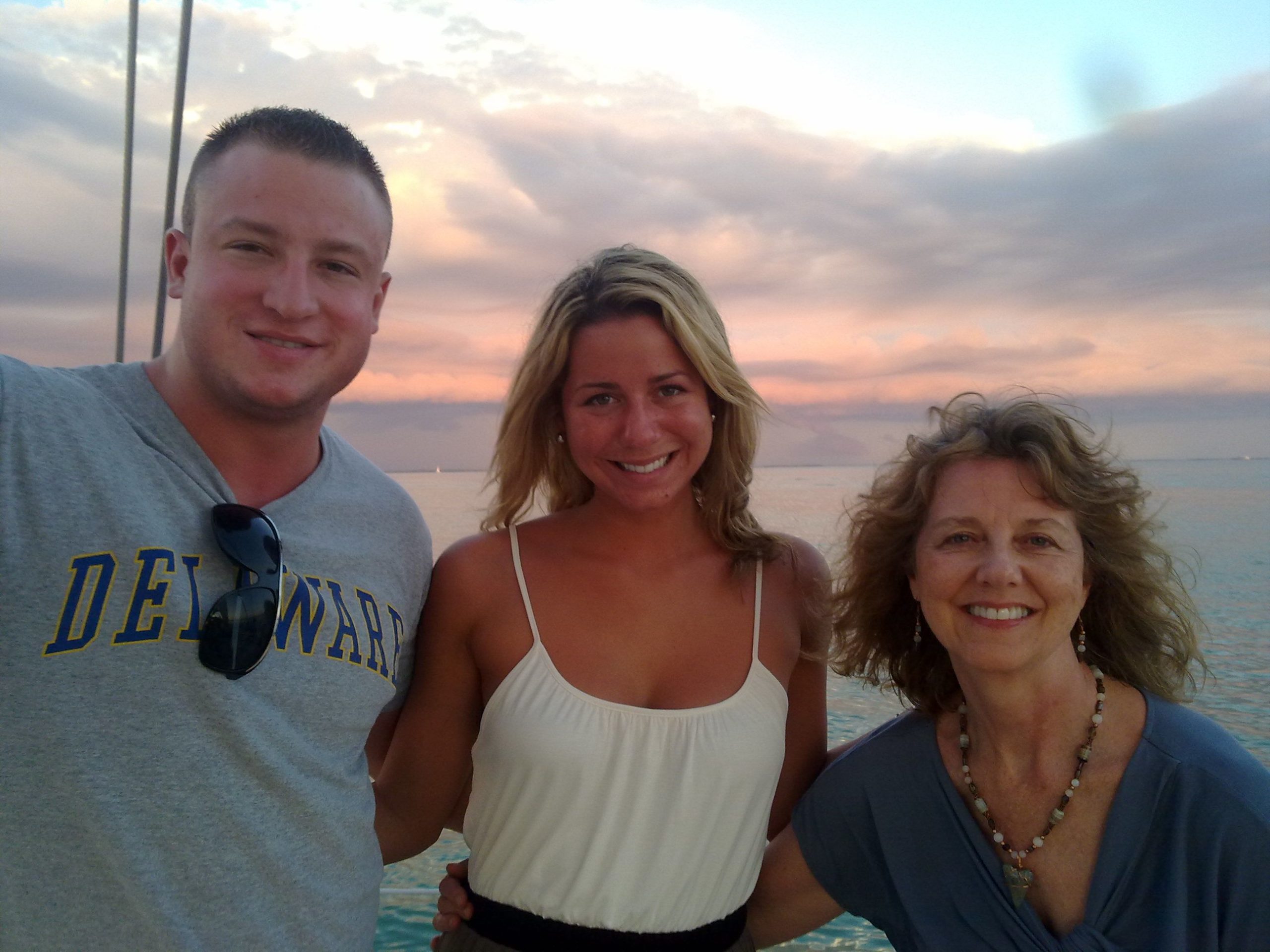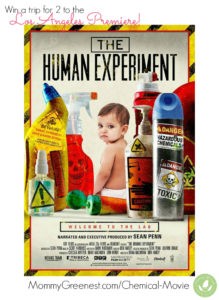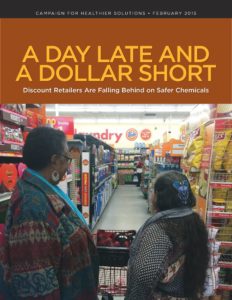
Most chemicals circulating in our environment today have NOT been tested for their long-term impacts on human health. The Human Experiment film shines a very needed spotlight on the devastating impact untested chemicals can have on our health.

The documentary explains in heartbreaking detail how vulnerable we all are to toxic chemicals that companies are allowed to use until they’re proven dangerous. It tells the stories of three women whose lives have been turned upside down by what they believe are toxic chemical exposures. One young, fit and seemingly healthy woman can’t get pregnant. Finally, after fertility treatments, she conceives twins, but one of the babies is born so weak he cannot survive. Another women talks about the ways she thinks chemical exposures might have contributed to her brother’s autism. Another 30-something woman gets breast cancer – even though she takes good care of herself, eats right, is not overweight, and doesn’t smoke.
A study by the non-profit Environmental Working Group (EWG) shows that American women put, on average, 168 different chemicals on their bodies each day, and many of those chemicals are dangerous.
According to EWG’s study, those chemicals are delivered via the soap, shampoo, body lotion, make-up, deodorant and even toothpaste we use. Most of us don’t give our personal hygiene regimens much thought. We do what we’ve always done: lather, rinse, repeat. And because we can buy the products we use online or at the store, we generally assume that they’re safe to use.
Unfortunately, that burden of proof usually falls on consumers. Most of us can’t afford to pay for the extensive testing required to prove whether the products we buy, and the chemicals in them, are safe.
That’s why two U.S. Senators, calling for toxic chemical reform, are pushing passage of the Personal Care Products Safety Act.
That’s also why BigGreenPurse.com encourages shoppers to shift their spending to the healthiest, safest products available. If you visit TheHumanExperimentmovie.com, make sure you click on Switch to Safer to see the safer products the film’s producers recommend. It will make a difference, not just to you, but to the manufacturers who need to change their ingredients lists. Rachel Sarnoff of MommyGreenest.com, agrees. “In America, consumers seem to be the only group forcing manufacturers to change. It’s only when shoppers demand cleaner alternatives that companies develop non-toxic formulations. And it’s working: The green chemistry market, which was assessed at $800 million in 2011, is projected to reach $2.7 billion this year.”
Yes, it’s ridiculous that you can’t really think about buying your mother (or spouse, or partner, or yourself) a bottle of perfume or some fancy make-up or even an afternoon at the spa without worrying that the chemicals in these “gifts” could make her sick. But right now, if you’re planning to shop for Mother’s Day, you’re probably better off choosing something other than personal care products.
No matter when you shop, shift your spending to products that do not contain some of the worst chemical offenders:
* phthalates
* diazolidinyl urea
* lead acetate
* methylene glycol/formaldehyde
* propyl paraben
* quarternium-15
And make sure you don’t miss The Human Experiment. You can download it on Vimeo here, or look for it at your local movie theater.
FOR MORE INFORMATION:

















